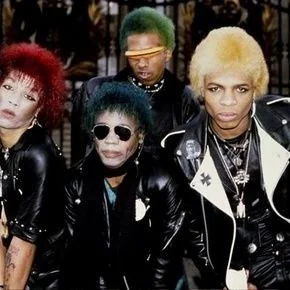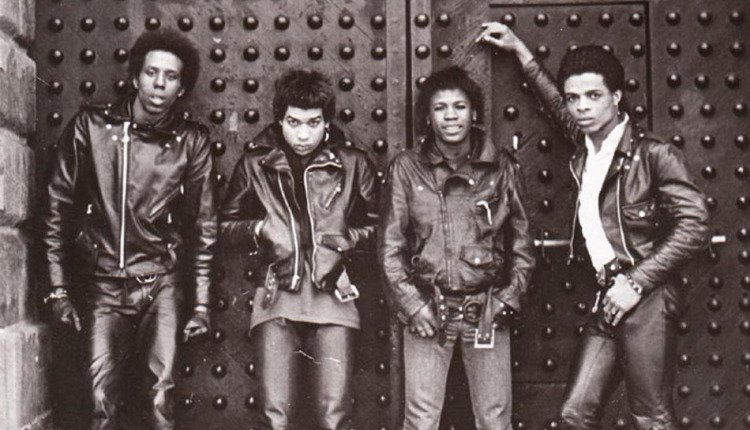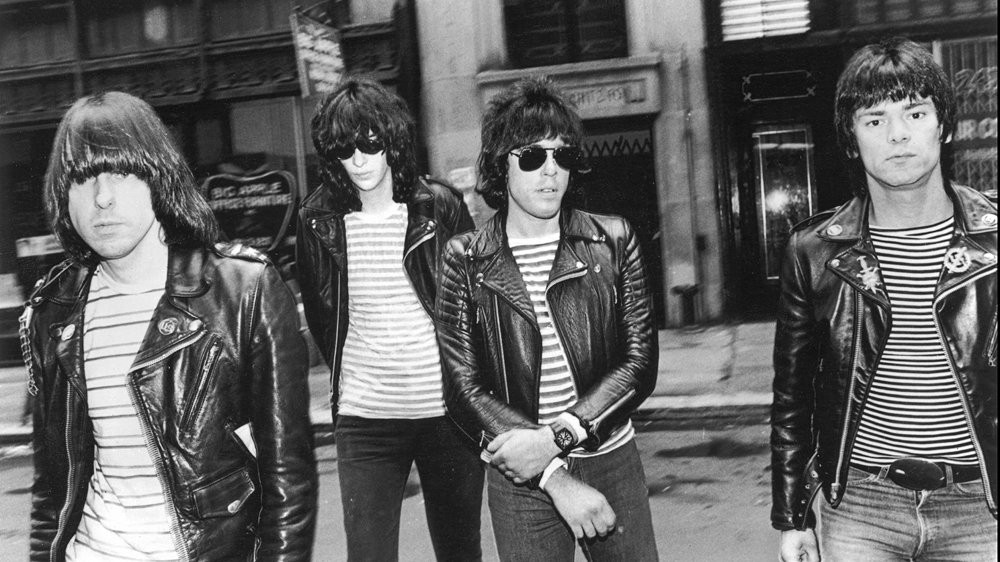Punk Without Borders: A Global Perspective on Its Evolution
Written by Bob Jakubovic, Ph.D
Challenging the Significance of Punk's Origins
As a punk scholar, I’m often asked about the origins of punk. Who was the first punk rock band? What was the first punk rock record? Where was the first punk rock show played? Did punk begin in the UK or the USA?
My answer to each of these questions is always the same—
Who cares?
Embracing Personal Moments in the Evolution of Punk
To better understand punk’s influence, I’ve started thinking about the evolution of punk beyond the constraints of the timeframe and location normally assigned to it.
While many are searching out punk firsts, I’m discovering moments that personalize the evolution of punk—moments that made me a punk.
Punk as a Global Moment: Breaking Cold War Constructs
“Moments”, as Raymond A. Patton points out in Punk Crisis: The Global Punk Rock Revolution, is a key term when examining the subculture. Punk, Patton writes, “was part of a global moment” that challenged the Cold War constructs of first, second, and third-world nations (8-9). Punk evolved out of moments of chaos. If we think about its past and present as a series of moments rather than as a pseudo-cohesive movement limited by timeframe and location, we can possibly eliminate questions that hinder a person’s understanding of what punk means to them.
Escaping the Constraints of Time and Location
You see, no one fits perfectly into the various subcultural or post-subcultural molds of punk. Oral histories and punk memoirs have created a collective memory that can be used as a gate keeper-- measuring ‘how punk’ someone may or may not be. I was one of those square pegs that didn’t fit easily into the punk hole. The frustration that I felt drove me to spend a few years of my life writing a dissertation just to figure out who the hell I was.
Punk Canon and the Control of Music's Narrative
In an attempt to build a punk canon that controls the music’s narrative, Sirius XM radio promotes former drummer Marky Ramone (AKA Marc Bell who played with both Wayne County and Richard Hell and the Voidoids before joining Ramones) as an arbiter of ‘what is punk’ via Marky Ramone’s Punk Rock Blitzkrieg, a channel dedicated to ‘classic punk.’ Simply put, Marky plays songs that he considers punk. Sometimes, he pigeonholes a tune into a timeframe and location that limits the influence of the music.
Reconsidering the Ramones and the Punk Origin Story
Rolling Stone and its Rock Hall have created a punk origin story centered around something they call “The Curse of the Ramones” (Issue 1259) where they also list “The 40 Greatest Punk Albums of All Time,” which is problematic because punk thrived on singles—not LPs. Now, Ramones is undoubtedly an important moment in the evolution of punk, but they aren’t the only moment, and there wasn’t any sort of punk explosion when their first album hit the racks.
Punk's Essence: Tearing Down Power Structures
Yes. I spent two paragraphs slagging on Ramones—a band that I love and respect—but that’s the point of punk, at least to me. Punk doesn’t build things…it tears things apart. Punk tears the mask off of power to reveal its bullshit. Punk has always been and always will be.
Or maybe not.
Who cares?
Author Bio
Bob Jakubovic is a first-generation punk who earned an Interdisciplinary Studies Ph.D. in Humanities and Culture from Union Institute and University in 2020. Along with punk rock, his research interests include Second-Generation K-Pop Idol Culture and True Cult Norwegian Black Metal.














